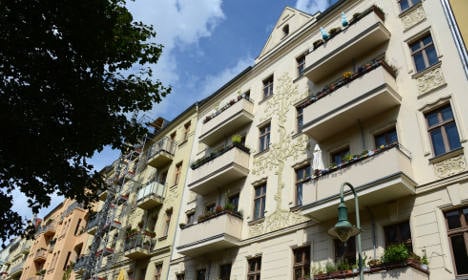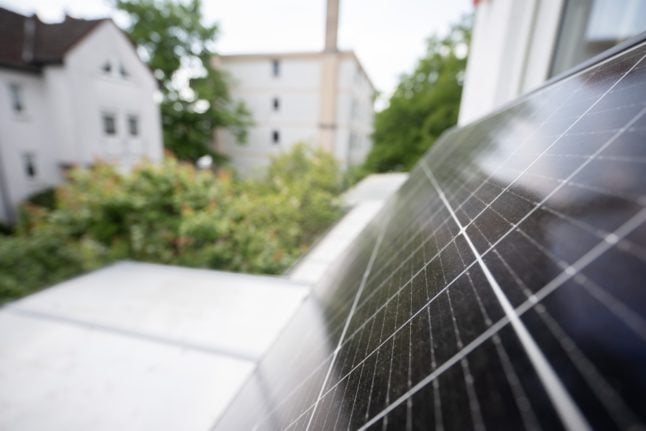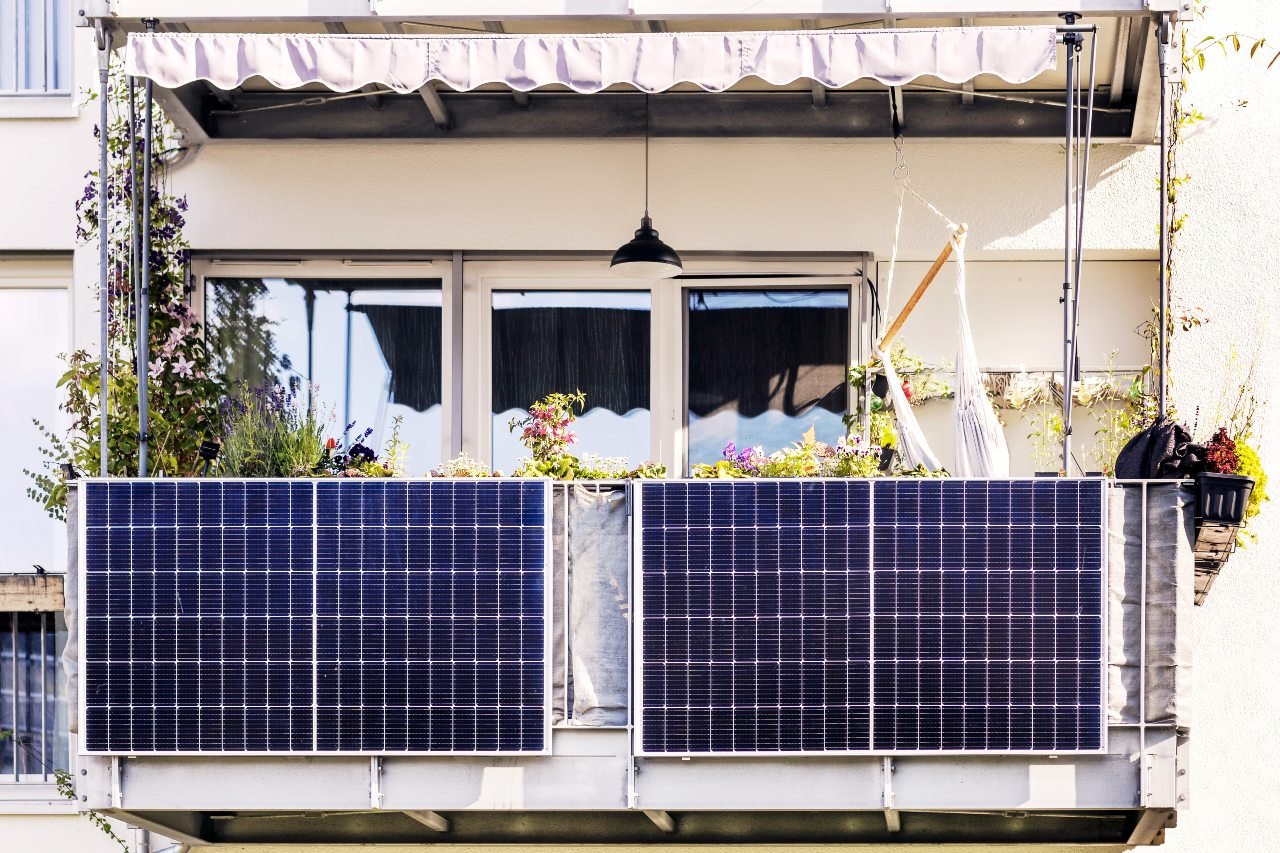P { margin-bottom: 0.08in; }
A study by Sparda-Bank showed that a monthly net income of €1,500 would be enough to buy a property, although this does vary from region to region.
Bremen is one of the cheapest areas in Germany to buy a house. You need 4.3 times the annual net income there, while Munich is the most expensive. Buyers would need their entire net income for almost ten years to buy a house outright. The average home in Germany costs €223,000.
The report said that at a time of low interest rates on mortgages, buying a property in many regions was financially more viable than renting. On average a family home in Germany costs around five years of a household’s net income.
According to figures released by the Federal Office of Statistics for last year, 43 percent of the 40 million households in Germany owned their own houses or apartments, with 57 percent renting.
This ratio has not changed in ten years. “Germany tends to be a nation of renters,” said Michael Voigtländer, a real estate economist from the IW institute in Cologne.
For many years the tax system in Germany was geared towards renting, while buying your own property was not worth it, said Voigtländer. But this is now changing.
In 2009 buying was more financially attractive than renting in only seven percent of German districts – this increased to 27 percent in 2013.
The main reason for this turnaround is the sharp drop in interest rates. They have fallen from an average of 4.4 percent in 2009 to 2.8 percent last year.
But Ulrich Ropertz from the German Tenants' Association warned against a hasty purchase. "There is no guarantee that interest rates will still be so low in ten years,” he said.
SEE ALSO: Should rents in cities be capped?
P { margin-bottom: 0.08in; }




 Please whitelist us to continue reading.
Please whitelist us to continue reading.
Member comments